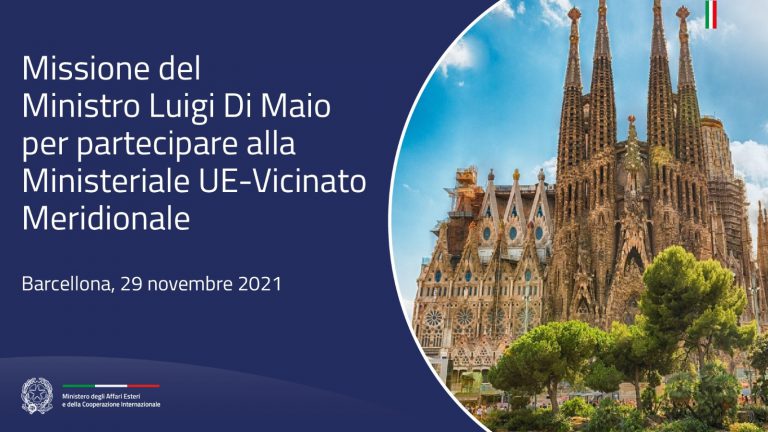Minister Paolo Gentiloni, your country has long known the tragedy of refugees in the Mediterranean, but Italy’s voice has not been heard. Has it not been loud enough?
«It is sad that Europe needs a tragedy to get moving. The fact is, however, that last April, when a boatload capsized in the Mediterranean, killing hundreds, Premier Matteo Renzi succeeded in convening an immediate EU summit. This was the initial step toward a European agenda regarding the immigration problem. Another step came with EU Commission President Jean-Claude Junker’s announcement last week. But it is not enough».
At a moment like this, of division and controversy on a question as central as that of the refugees, you have even spoken of a United States of Europe.
«New impetus could come from Europe – and it would not be the first time – at a moment in which we find ourselves at the edge of a cliff. What has been happening these past weeks in Germany, Austria and France has offered a new opportunity: the decisions that will be taken by the interior ministers today in Brussels are of the utmost importance».
What aspects particularly worry you ahead of this summit?
«The position of Hungary, who is playing a central role today; hostile attitudes must absolutely be avoided. I see those of Spain and Poland as encouraging and more in tune with the approach of the Commission».
Germany and Italy are acting along the same lines. Do you think you will be able to give new impetus to a common European refugee policy?
«The strength of the Italy-Germany alliance must serve to help Europe find a way out of this crisis. The central questions are two: the integration of refugees in wealthy countries such as Germany, and the problem of rescue and reception in the countries along the EU borders. Germany must not be left alone, and neither must Italy»
Germany is experiencing the same euphoria now that we saw in Italy after the rescue operations. What advice would you give the Germans once the initial enthusiasm fades?
«In my opinion, German has a right to be proud; it is a breath of fresh air for Europe. We Italians too are proud of having saved the lives of 130,000 refugees in the Mediterranean over the past 18 months. Now, however, our governments have to make it understood that this phenomenon is destined to continue over time – first and foremost for demographic reasons: by 2050 the African population will have doubled, while that of Europe is predicted to fall by 5%. It is not enough to make room for 160,000 persons; we have to move toward developing a European asylum law, obviously maintaining a balanced and equitable distribution. It is clear that those aiming to reach Kos or Lampedusa are seeking to arrive in Europe. Only Europe-wide asylum legislation will allow us to maintain free circulation in the Schengen area. Common rules are also needed for repatriation, which is another problem that cannot rest solely on the shoulders of the countries along the EU borders».
What is the situation concerning the registration of new arrivals in Italy? It is often reported that there are many who elude any control whatsoever…
«Italy respects the European rules, both in financial matters as well as concerning the refugees. I repeat: Germany and Sweden cannot be left alone to shoulder the tasks of reception and integration; and the same goes for the States along the EU borders bearing the burden of initial reception and repatriation. Over the past two or three months, other EU States have contributed to one-third of the rescue operations, and this is an undeniably positive thing, even though a Norwegian ship will not bring the refugees to Oslo but to Sicily instead. And this goes for everyone. Not to mention Greece, who has had to deal with the arrival of no less than 400,000 refugees this year. If 100,000 of those have to be repatriated, how can Greece be expected to manage that alone»?
To stem the tide of refugees at Europe’s borders it is essential that a solution is found to Libya. At what point are the talks currently under way in Morocco?
«This is a crucial issue as far as Italy is concerned. This year alone, the number of refugees arriving in Italy through Libya has risen as compared with 2014: estimates stand at 200,000. As for the negotiations, I would not wish to raise any illusions. Non-stop talks are under way in Morocco under the guidance of UN envoy Bernardino Leon. We are hoping for results within the week. In the case of a positive outcome, Italy, like other European countries and Arab nations, would be willing to give the new national unity government the help requested in the areas of security, economic reconstruction and re-establishment of stability. We cannot allow Libya to become a new Somalia at only a few hundred kilometres off the coast of Europe».


